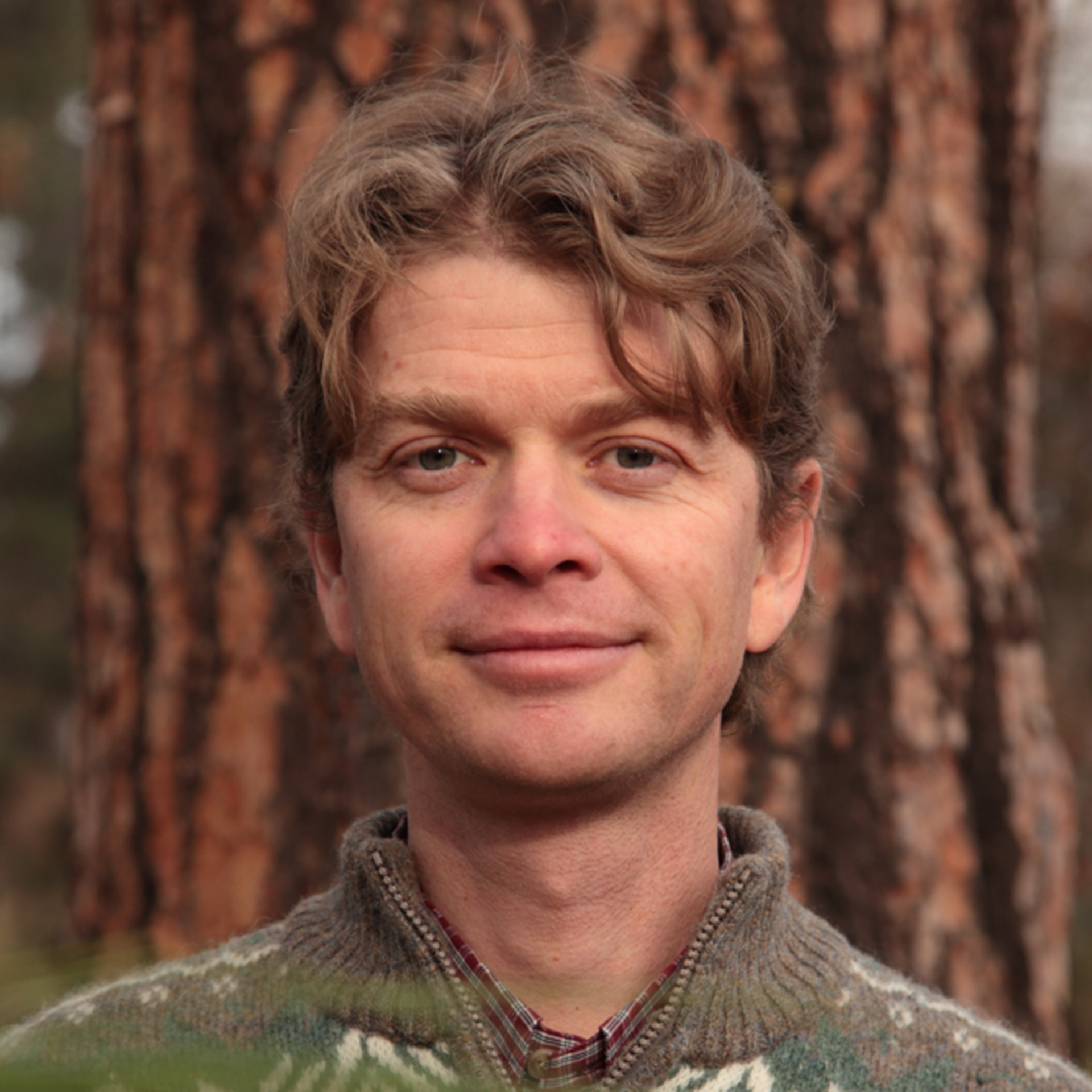Kerry Metlen, Ph.D.
Forest Ecologist
Ashland, OR

AREA OF EXPERTISE
Community ecology, Fire ecology, Climate change, Forest ecology
Additional Links
Biography
As forest ecologist for The Nature Conservancy, Kerry works with partners from many organizations to protect biodiversity and build understanding of the value that diverse, natural landscapes deliver to human well-being. Working with the national Fire and Fire Surrogate Study gave him a deep appreciation for the restoration potential of ecological thinning and managed fire in fire-dependent forests. In particular, he was galvanized by the transformative effects that reducing the number of conifers and reintroducing fire had on native plant diversity and vigor.
Kerry’s dissertation delved deeply into basic science, developing a fundamental understanding of how ecological communities function. His research specifically investigated the role of plant behavioral responses to changing conditions and shifting competitive and facilitative interactions among species in pine woodlands of Montana. The broad scientific skill sets developed in this academic setting now enable productive engagement across many organizations and disciplines in the conservation world.
Forest restoration, climate change adaptation, wildfire risk management, and sustaining natural and human communities of the American west are the focus of Kerry’s work in Oregon. He currently leads the multiparty monitoring of the Ashland Forest Resiliency Stewardship Project (see the website), a cutting-edge restoration project that protects drinking water, late successional forest, human fire safety, Northern Spotted Owl and pacific fisher habitat while restoring natural communities that require frequent fire. Through careful application of stewardship and deliberate outreach, this project has grown support for landscape-scale forest restoration and the project has expanded from the initial federal footprint to the Ashland All-lands Restoration Project.
Attempting to learn from the Ashland project, Kerry is strategically planning with partners to realize a cohesive forest restoration strategy for the 4.6 million-acre Rogue River Basin of southwestern Oregon. This project integrates multiple perspectives, analytical tools, and social processes. Together, partners are setting a conservation vision for the forests and people of the Rogue Basin. The work across the Rogue Basin will restore good fire to mixed conifer hardwood forests and oak woodlands that characterize this incredibly diverse landscape.
Kerry is fascinated by applying fundamental ecological principles to the questions underpinning forest conservation. He is a core member of several collaborative technical working groups, coordinates multiparty monitoring for the Ashland Forest Resiliency Project, conducts research on reference forest conditions in mixed conifer/hardwood forests, and supports the Conservancy’s Forest Team. He earned an M.S. from the University of Montana's College of Forestry and Conservation in 2002 while working as part of the Fire and Fire Surrogates project to understand understory responses to forest thinning and fire.
His dissertation work at the Division of Biological Sciences and UM also focused on interactions among native and exotic plant species and their implications for exotic plant invasion. Linking mechanistic ecological understanding to landscape restoration approaches that benefit natural and human communities has been his job with the Conservancy since 2010.